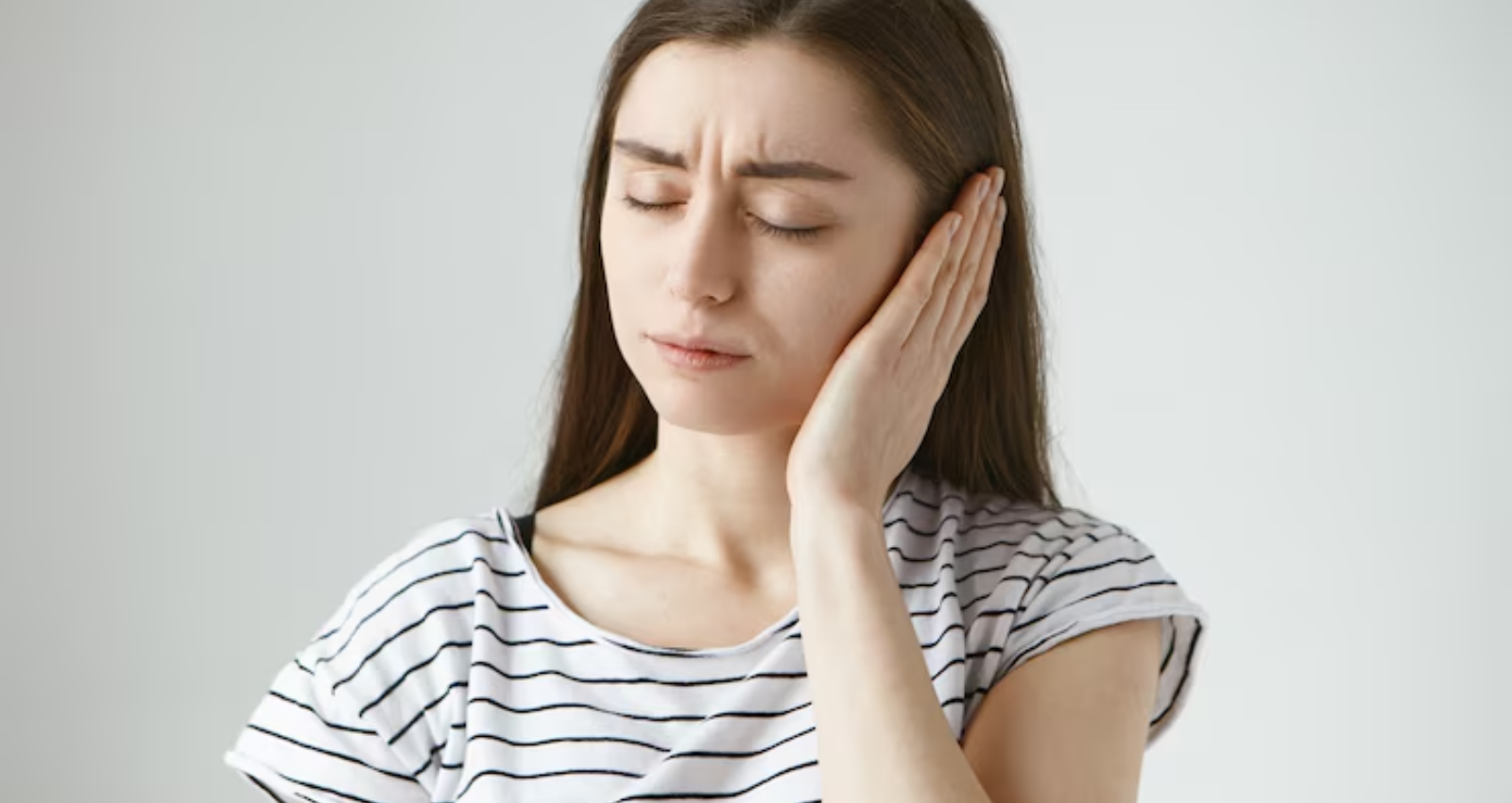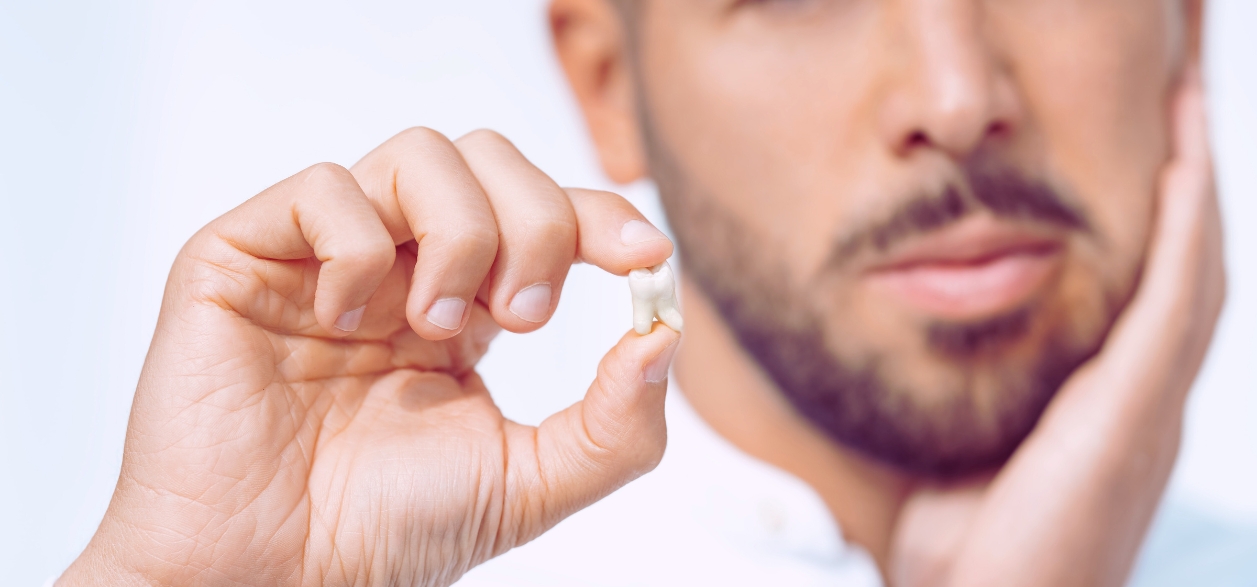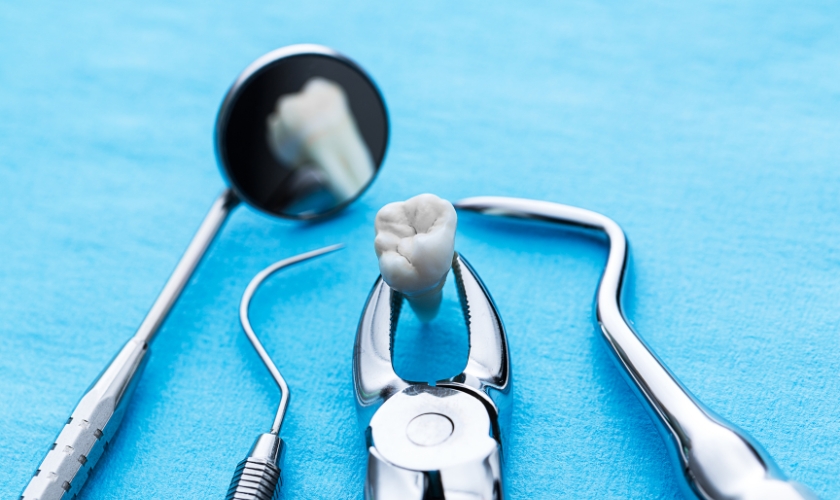
Experiencing discomfort after a tooth extraction is common, but when that discomfort extends to the ear, it can raise concerns. Is ear pain normal after tooth extraction? What causes it, and how can you manage it effectively? In this comprehensive guide, we delve into the reasons behind ear pain post-extraction, provide practical tips for relief, and discuss when it’s essential to seek professional dental care.
Understanding Tooth Extraction and Potential Complications
Tooth extraction is a dental procedure performed to remove a tooth from its socket in the jawbone. It’s often necessary due to severe decay, infection, overcrowding, or trauma. While the procedure itself is routine, it can lead to temporary discomfort and complications. This may include referred pain to adjacent areas such as the ear.
Is Ear Pain Normal After Tooth Extraction?
Yes, experiencing ear pain after tooth extraction is relatively common. This discomfort typically occurs due to shared nerve pathways and the close proximity of the dental structures to the temporomandibular joint (TMJ) and ear canal. When dental nerves are stimulated or irritated during extraction, the brain may interpret this sensation as pain radiating to the ear even though the source of the pain is in the mouth.

Potential Causes of Ear Pain After Tooth Extraction
- Referred Pain: Nerves in the jaw and surrounding areas including the ear, share pathways that can cause pain.
- TMJ Involvement: Manipulation of the jaw during extraction can strain the TMJ, leading to discomfort that radiates to the ear.
- Sinus Involvement: Upper teeth, particularly molars, are close to the sinuses. Extraction of these teeth can sometimes cause pressure changes or sinus infections that lead to ear pain.
Managing Ear Pain After Tooth Extraction
Ear pain after tooth extraction can be uncomfortable. However, there are several strategies you can use to manage and alleviate it:
- Pain Relief Medication: Over-the-counter pain relievers such as ibuprofen or acetaminophen (Tylenol) can help reduce both ear and dental pain. Follow the dosage instructions provided on the packaging or by your dentist.
- Heat or Cold Therapy: Applying a warm compress or an ice pack to the affected area outside the ear can help reduce inflammation and provide relief.
- Jaw Exercises: Gentle exercises recommended by your dentist or physical therapist can help relax the muscles around the TMJ and alleviate referred ear pain.
- Avoiding Triggering Activities: Refrain from chewing gum, eating hard foods, or engaging in activities that may exacerbate jaw tension until the area has healed.
- Maintaining Oral Hygiene: Continue to brush your teeth gently twice daily and rinse with a mild saltwater solution to keep the extraction site clean and promote healing.
- Follow-Up Appointments: Attend scheduled follow-up visits with your dentist to monitor healing and address any persistent ear pain or concerns.
When to Seek Professional Help
While mild ear pain after tooth extraction is typically normal and manageable, there are instances where you should seek prompt dental care:
- Severe or Worsening Pain: If the ear pain becomes severe or does not improve with over-the-counter pain medications.
- Swelling or Infection: If you notice swelling around the extraction site, discharge, or signs of infection such as fever or chills.
- Difficulty Opening Mouth: If you experience difficulty opening your mouth or have trouble swallowing.
These symptoms may indicate complications such as dry socket, infection, or TMJ disorder that require professional evaluation and treatment.
Experiencing ear pain after tooth extraction is a common occurrence due to shared nerve pathways and the complex anatomy of the jaw and ear region. While mild discomfort is generally normal and should resolve with time, persistent or severe ear pain should be evaluated by a dental professional to rule out complications.
By understanding the potential causes of ear pain after tooth extraction and following the recommended strategies for management and recovery, you can promote healing and minimize discomfort effectively.
If you have any concerns about ear pain after tooth extraction or require personalized advice, consult your dentist for guidance tailored to your specific needs.



